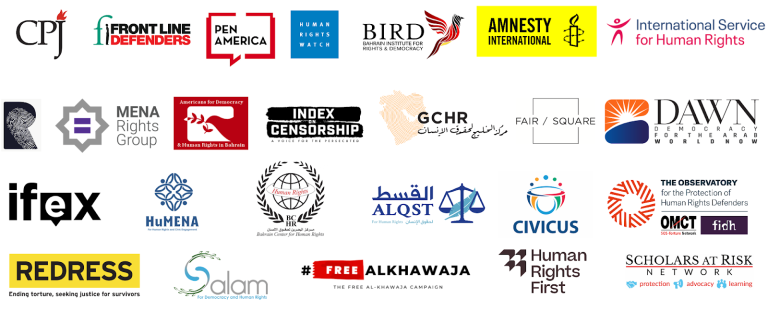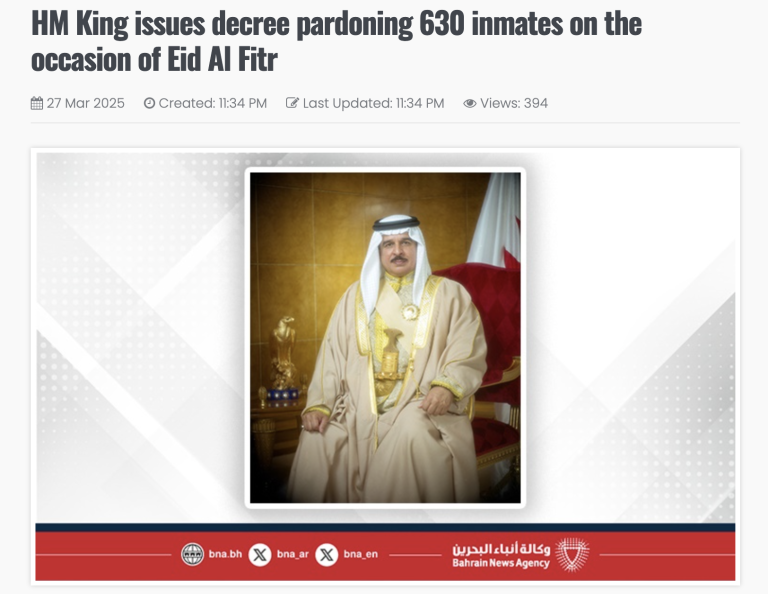28 September 2017 – The British Government looks set to continue its support for Saudi Arabia’s attempts to block a UN inquiry into the war in Yemen. Yet new Freedom of Information disclosures show British diplomats found the monarchy’s own investigations into war crimes were “controversial” and would be “no doubt disputed” as early as August 2016.
The revelation comes ahead of a UN debate in Geneva on Yemen, due to begin today. Countries including the Netherlands and Canada have tabled a motion calling for an international inquiry into abuses in the Yemen war, where over 5,000 civilians have been killed since the conflict began more than two years ago.
Meanwhile Arab states have tabled a competing draft resolution, requesting that the UN High Commissioner continue to “provide technical assistance and advice” to the National Commission of Inquiry to complete its investigatory work into allegations of violations and abuses committed by all parties to the conflict.
Associated Press this week revealed a letter in which Saudi Arabia threatens at least two foreign countries that sending independent investigators to Yemen could “negatively affect” trade and diplomatic ties with the wealthy state. The kingdom’s letter warned that Arab states “will not accept” the Dutch-Canadian draft resolution at the current UN Human Rights Council session, which calls for an international, independent investigation.
Alistair Burt, Middle East Minister at the Foreign & Commonwealth Office, was in New York on 21 September and told Inner City Press, “Our view is that it is for the Coalition itself, in the first instance, to conduct such investigations. They have the best insight into their own military procedures and will be able to conduct the most thorough and conclusive investigations.”
There have been two previous attempts to establish a UN probe, but they have failed each time. Last year, the UK blocked the European Union’s efforts, watering them down significantly. Yet despite the mounting civilian casualties, which the UN blames primarily on the Saudi-led bombing campaign, the UK looks set to continue obstructing calls for a UN probe.
This seemingly unconditional support for Saudi Arabia comes despite the UK knowing that Saudi-led investigations are controversial at best. The FCO has a vested interest in this, as Britain has provided backing for Saudi Arabia to conduct its own investigations into humanitarian law violations. In 2016, the Ministry of Defence provided training to the Saudi Coalition’s new Joint Incidents Assessment Team (JIAT), which was established in May that year.
Since their establishment, JIAT held one press conference in August 2016 to announce the findings of twelve investigations. These findings, delivered by JIAT’s Mansour Al-Mansour – a Bahraini judge who sentenced doctors, politicians and torture survivors to prison in the 2011 Arab Spring – largely exonerated the Coalition of wrongdoing in the bombing of civilians.
After the conference, the British embassy in Riyadh wrote to colleagues that British-trained JIAT’s findings “will be controversial and no doubt disputed.” Indeed, Doctors Without Borders (MSF) disputed JIAT’s investigation on the bombing of one of their hospitals, which found no wrongdoing by the Saudi Coalition (see below). In January 2017, the training and membership of a Bahraini human rights abuser in JIAT was questioned by the Liberal Democrats and Labour in a parliamentary debate on Yemen.
The embassy’s doubts into the findings of British-trained JIAT came a month before the UK blocked EU efforts to establish a UN probe into the war in Yemen in September 2016.
The Bahrain Institute for Rights and Democracy (BIRD) obtained the email through a Freedom of Information request for disclosure of correspondence related to JIAT and Mansour Al-Mansour. The FCO took five months to answer, citing concerns that “the disclosure of information detailing our relationship with Saudi Arabia could potentially damage the bilateral relationship between the UK and Saudi Arabia.”
Last week, the Ministry of Defence announced a new Military and Security Cooperation Agreement with Saudi Arabia. Saudi Arabia is the biggest buyer of British weaponry, the UK having sold nearly £6 billion in arms to the monarchy since the start of the Yemen war in March 2015.
In his keynote speech yesterday Labour leader Jeremy Corbyn drew attention to the “cruel Saudi war in Yemen” and Bahrain’s “crushing of democracy” at the party conference in Brighton, which Saudi Arabia was barred from attending. Corbyn has repeatedly called on the government to stop selling arms to the Kingdom given their use in the war on Yemen. “We are selling arms to Saudi Arabia … and at the same time we are sending aid in, we should not be doing both”, Corbyn said.
Sayed Ahmed Alwadaei, Director of Advocacy, BIRD: “The UK is insistent on backing Saudi’s whitewash investigations and obstruction of UN probes into the war crimes. These efforts to bury war crimes without accountability not only smashes the UK government’s credibility in Yemen, but also its credibility when it calls for accountability elsewhere. It reveals the Government’s true colours, using human rights only for political gain.”
BIRD’s condemnation of the British support for whitewash investigations is echoed by the UN High Commissioner for Human Rights, who earlier this month said: “the reticence of the international community in demanding justice for the victims of the conflict in Yemen is shameful, and in many ways contributing to the continuing horror.”
JIAT, Mansour Al-Mansour and British Training
The British government has supported JIAT since its establishment in May 2016. This UK Governmental support has included two training sessions, delivered by the Ministry of Defence, on investigating alleged violations of International Humanitarian Law.
In a January 2017 parliamentary debate on Yemen, the Shadow Foreign Secretary Emily Thornberry criticised the government as being either naive or negligent for training Mansour Al-Mansour and JIAT. Speaking for the Liberal Democrats, Tom Brake MP also criticised the relationship.
Directly implicated in human rights violations in 2011, Mansour Al-Mansour was a presiding judge of the National Security Court, the military tribunal that tried civilians during the Arab Spring. He was directly responsible for the sentencing of hundreds of political prisoners, including the trial of high-profile human rights defenders and politicians who were arrested, tortured and sentenced to between five years and lifetimes of imprisonment.
One of JIAT’s investigations, led by Al-Mansour, probed the bombing of a MSF mobile clinic in Taiz. JIAT in August 2016 stated, “It is necessary to keep the mobile clinic away from military targets so as not to be subjected to any incidental effects. Therefore, it becomes clear the soundness of the measures taken by the Coalition Forces in accordance with the international laws.”
Yet MSF’s own Incident Report found: “The tented clinic was set up in an empty field in a residential neighbourhood where many internally displaced people had gathered. MSF considered this location to be a safe and appropriate place for the clinic as there were no obvious potential military targets nearby.”
The FCO were clearly aware of the controversy surrounding Al-Mansour: among the Foreign Office’s internal communications obtained by BIRD is an email about ‘FCO TOP STORIES’ sent on 2 November 2016 with a note referring to a news report on Mansour Al-Mansour: “To see the independent article over Col Al-Mansour’s appointment to investigate alleged war crimes in Yemen”.
Editor’s Notes
In January 2017 BIRD made an FOI request for (i) FCO meetings with Mansoor al Mansoor and (ii) communications referencing Mansoor al Mansoor. This request was amended on 3 February to narrow the scope of the requested material to ‘information pertaining to communications within the year of 2016’. The response to this was sent on 3 July.
Some information was withheld, which the FCO’s response explained thus: “The disclosure of information detailing our relationship with Saudi Arabia could potentially damage the bilateral relationship between the UK and Saudi Arabia. This would reduce the UK Government’s ability to protect and promote UK interests through its relations with the Saudi Arabia, which would not be in the public interest. For these reasons we consider that the public interest in maintaining this exemption outweighs the public interest in disclosing the information.”
Find attached FOI 0097-17 Response.
Find attached 0097-17 Digest.
Here is a link to the FOI0097-16 on meetings with JIAT and training: https://www.gov.uk/government/uploads/system/uploads/attachment_data/file/582264/FOI_0975-16.pdf
The response to FOI 0975-16 explains that the Joint Incident Assessment Team (JIAT) was set up in May 2016 to assess Saudi Arabian military activity in Yemen. The UK has provided support, advice and training for JIAT and officials from the British Embassy Riyadh have had regular contact with members of JIAT.





